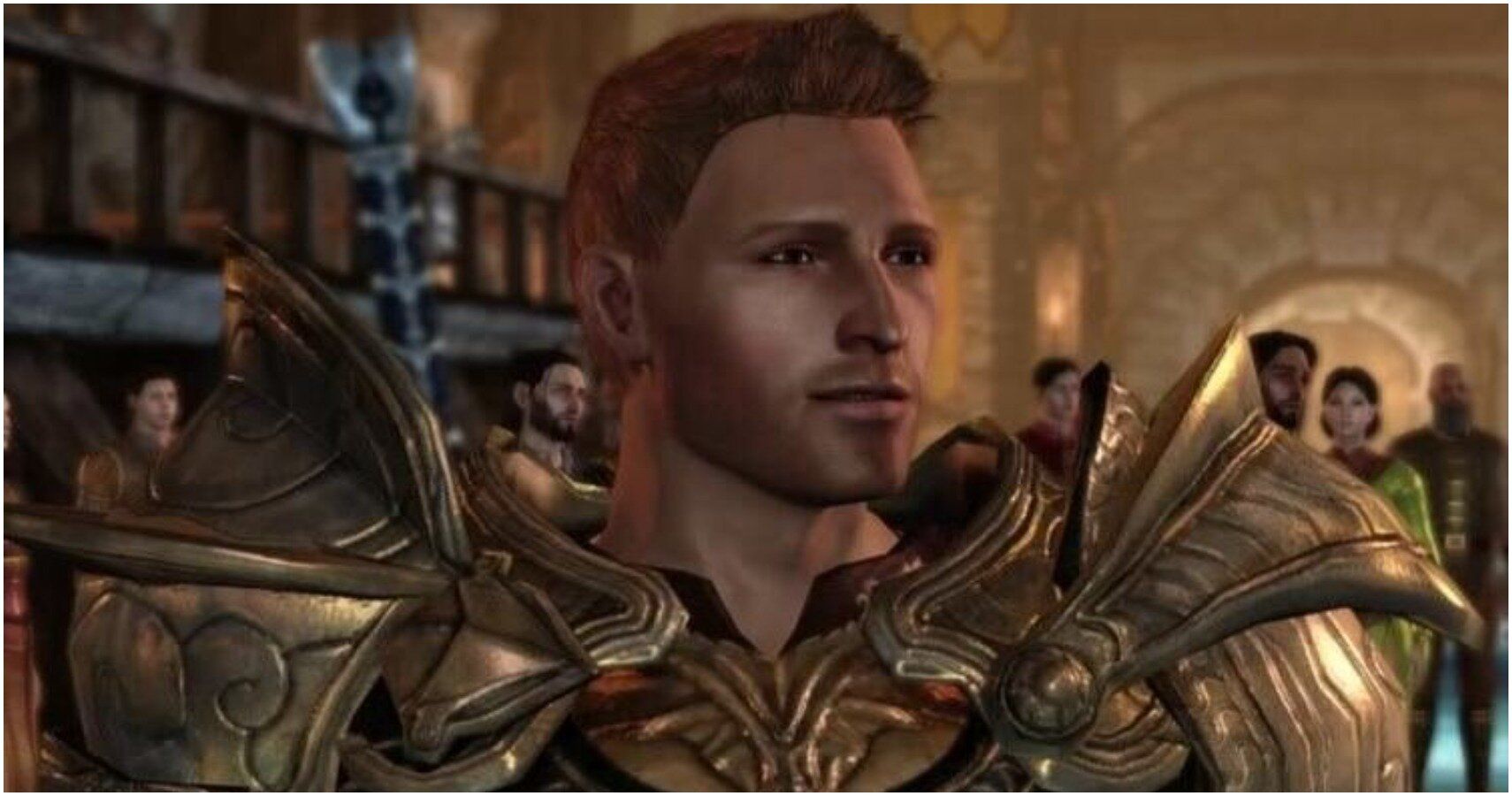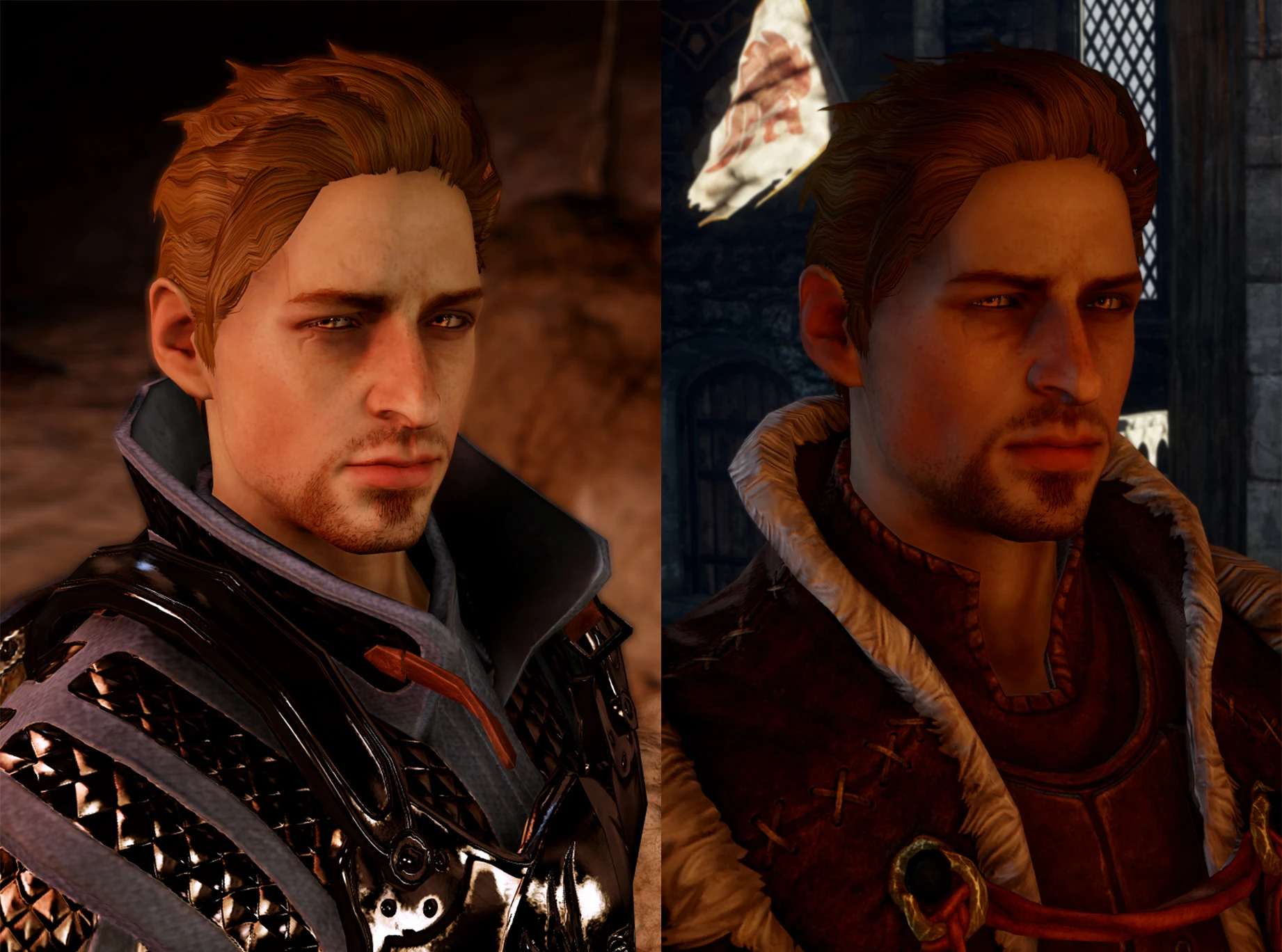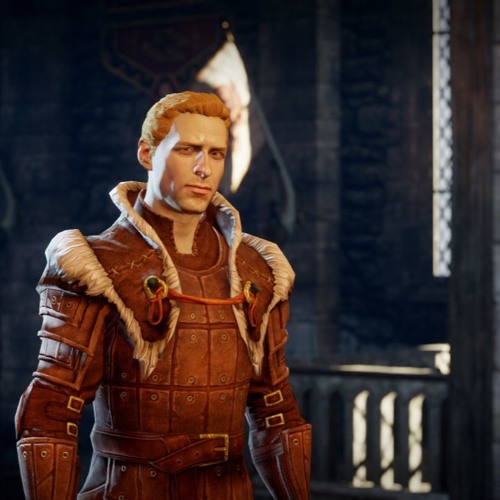

For example, when playing as an Elf, players will quickly realize the prejudice the people of Ferelden show towards their race. Origin stories also provide the player with background information on the race they are playing. Characters the player meets during their Origin Story may reappear later on as either friends or enemies. These Origin Stories provide an introduction to the game and also help determine the overall direction of the story throughout the game. For example, players may begin the game as a Dwarf Noble and be a part of the Royal Family of a Dwarven City, or they could be a Dwarf Commoner living in the city's streets. The way the player's character sees the world and how the world sees their character is affected by the Origin Story. Players are able to choose and play his or her own "Origin Story," which is the lens through which the entire game is seen and portrayed. One of the major features of the game are the Origin Stories.

The toolset is available for free to registered users of the PC version of Dragon Age: Origins.


Bioware has made a toolset available for the creation of user content, much like it did for Neverwinter Nights. Technicalīuilt on BioWare's proprietary Eclipse engine, the game features similar "facial technology" to that used with the conversation system in Mass Effect. For its elements, gameplay, and other reasons, Dragon Age: Origins is commonly referred to by BioWare as the spiritual successor to their revered classic roleplaying game, Baldur's Gate 2. The game features BioWare's signature "Pause and Play" battle mechanics. It features tactical party-based combat that can be played from third person, or a more traditional, isometric top-down view. Dragon Age: Origins is BioWare's 2009 dark-fantasy action-RPG.


 0 kommentar(er)
0 kommentar(er)
